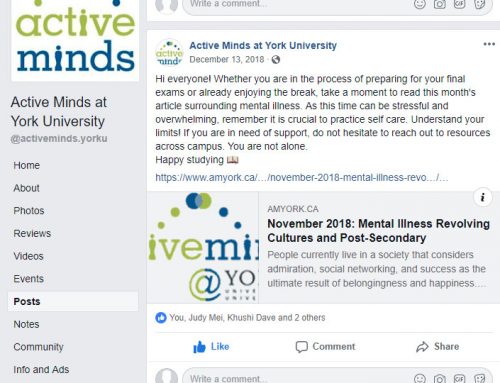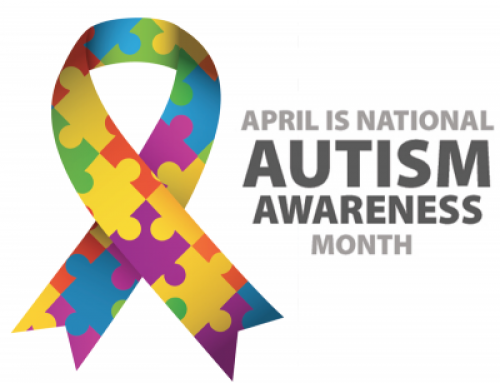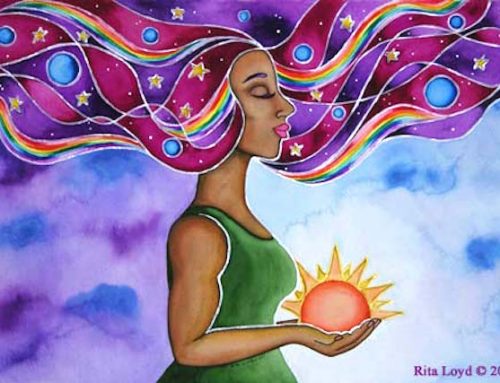Although mental health should always be a priority and discussed throughout the year, Black History Month is one of the most relevant times to discuss the topic of mental health within the Black community.
The mental health of Canada’s Black community largely stems from social and psychological factors. Black Canadians continue to face systemic barriers such as higher unemployment rates and lower income when compared to other racial and ethnic groups in Canada (Mental Health Commission, 2020). Facing systemic inequalities, racial discrimination, and generational trauma might be some of the root causes of the mental health issues in the Black community. It also contributes in making them less likely to receive the help they need.
Around 38% of Black Canadians reported experiencing mental health issues, while 50% of white Canadians reported facing mental health issues (Mental Health Commission, 2020). It may seem that Black Canadians are less likely to struggle with mental health issues, but we can attribute this lower percentage to the stigma attached to mental health issues in the Black community. Many Black Canadians have reported facing stigma from doctors, family members, and religious communities when experiencing mental health issues (Mental Health Commission, 2020). This might make them less likely to admit that they have a mental health issue, or even recognize their mental health issues.
Accessibility to treatment is another barrier ,even if Black Canadians wanted to receive treatment for a mental health issue, it is not always accessible to them. As mentioned before, Black Canadians are more likely to experience living with lower incomes and unemployment, meaning that they are less likely to have access to benefits that allow them to afford the cost of therapy. It might also be difficult for Black Canadians to find a therapist that they can connect with. In the United States, only 4% of psychotherapists are Black (Mental Health Commission, 2020), and the numbers are similar in Canada. 60% of Black Canadians reported that they would prefer to speak to Black mental health professionals (Mental Health Commission, 2020).
If you would like to make mental health more accessible to Black Canadians, then please talk about Black Canadians’ unique relationship with mental health. If you know any friends or family who are entering the health care sector, make sure they understand the importance of receiving cultural competency training to better understand the mental health of Canada’s Black community. You can also advocate for more social services for Black Canadians, such as better coverage for mental health services or mental health education programs in schools.
If you are a Black Canadian and feel that you may be struggling with mental health issues, then talk with somebody you trust, such as a teacher, parent, or friend. If you feel that no one in your life will be supportive, there are many online spaces where you can receive help or connect with other Black Canadians. Here is one example: https://static1.squarespace.com/static/5ef17f0e214de870914df617/t/603cd5f07f891c50b5c2b9c4/1614599665125/National+Mental+Health+Resource+List.pdf If you are a Black Canadian who is looking to work in the mental health field–do it! It is essential to have more Black mental health care professionals.



























